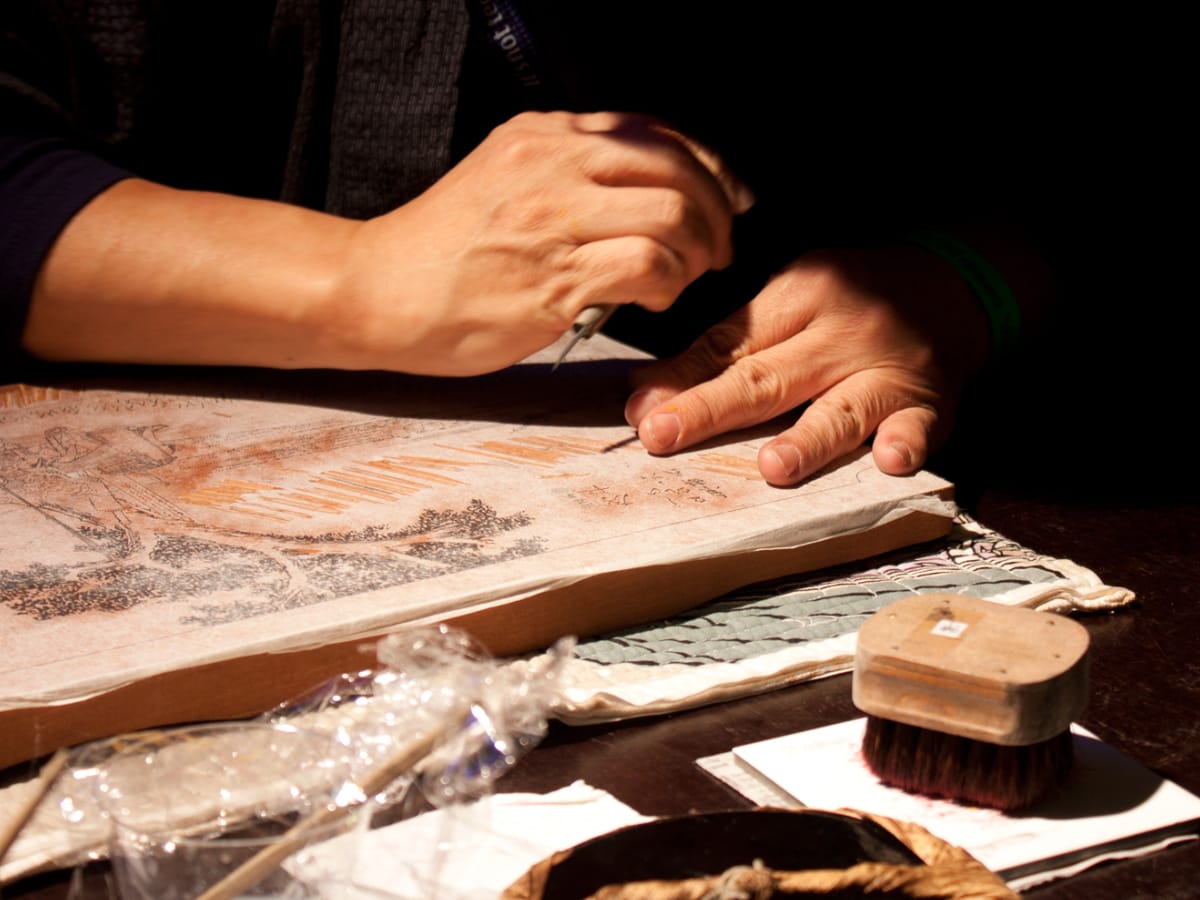
Source: Erika Rintala | © Flickr.com
Test your Japanese woodcutting skills at this workshop in Leeds, UK
- Tags:
- Japanese woodcutting / Leeds / UK / woodcutting / workshop
Related Article
-
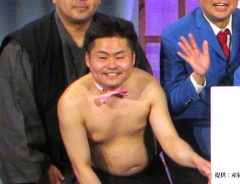
Japanese Comedian Hopes to Perform Strip Show Trick for the Queen by Winning Britain’s Got Talent
-
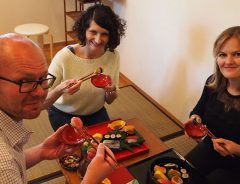
On Your Next Visit To Tokyo, You Can Get Certified in Japanese Culinary Art In Half A Day
-
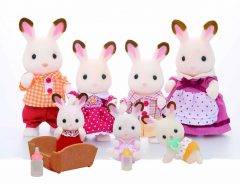
A pop-up workshop for Sylvanian Families dolls attracts nostalgic fans of the series
-
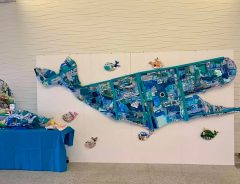
Marine litter from Enoshima Beach recycled in “SDGs art exhibition” and kids’ workshop
-
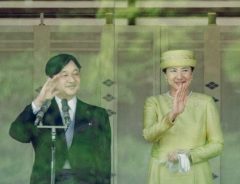
Japanese Imperial Visit to the UK Postponed Amid Coronavirus Concerns
-
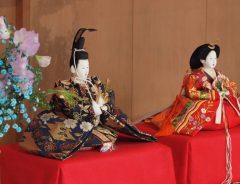
UK Museum sets up Hinamatsuri dolls to celebrate the Japanese Festival


Try out your hand at making Japanese artwork by taking part in this woodcut printing course that is going ahead on February 23rd, March 10th and May 7th in Leeds.
The day workshop is being run by Leeds Print Workshop and will cost £55. The workshop introduces the skills needed for creating mokuhanga 木版画 print relief images. Participants will learn to carve a wood block, prepare the paper and block for printing with ink and be able to hand print their creation using a flat handheld tool known as a baren 馬楝.
The course is aimed at all abilities, from beginners to experienced printmakers, with the Leeds Print Workshop stating that “previous experience in relief printmaking will be helpful, but not essential”. The workshop will be overseen by friendly artists experienced in Mokuhanga printing and will go ahead in a friendly studio environment.
Participants to the course will produce at least 10 woodcut prints on A5 paper. If time permits, partakers will be able to carve a further two separate blocks to also print from throughout the day. All equipment and materials will be provided by Leeds Print Workshop and will be included in the course fee. The company recommends partakers to bring along images to use as inspiration and advises bringing a portfolio folder for carrying the prints home. If you don’t have a portfolio folder at hand, the studio will be selling A3 folders for £3.
The Workshop will be overseen by the artist Julia McKinley. McKinley is currently working on her Ph.D. at Leeds Beckett University. With former participation as an artist in residence in both Japan and Iceland, Mckinley specialises in printing and sculpture. The artist previously taught at Newcastle University as a Teaching Fellow in Printmaking during 2016-2017.
Although open to all abilities, the Leeds Print Workshop regrets to inform attendees that unfortunately, the location of the event is not wheelchair accessible. The event is also only open to those over the age of 16 due to safety reasons.
Please note if you can no longer attend the event, a full refund will only be given if you cancel no less than 14 days before the start of the event. Any cancellations made with less than 14 days to the event will not receive any refund. However, if the event is cancelled by the company for any reason, at least 7 days of notice will be given and a full refund will be paid to the attendee.
Tickets for the event can be bought online here.
The Leeds Print Workshop offers a wide range of workshops and short courses that encompass printmaking and bookbinding.
An introduction to Japanese Woodblock Printing
Woodblock printing, also known as mokuhanga is a Japanese style of relief printing and is not too dissimilar from woodcut printing in the West. The earliest known examples of woodblock printing in Japan are from 764 when Empress Kōken commissioned one million small woodblock scrolls containing Buddhist texts that were to be distributed to temples around the country. The process is well recognised as a technique used in the Ukiyo-e genre of art of 17th, 18th and 19th centuries. Typical subjects printed using the mokuhanga technique include but is not limited to female beauty, Kabuki actors and landscapes, the workshop, however, will allow participants to create any print which is achievable within the timeframe.
To make a mokuhanga print in the traditional way, the image is first drawn onto thin Japanese paper known as washi 和紙. The paper is then glued face-down onto a block of wood where a thin layer of oil is brushed over to make the image more visible. The design is then chiseled away according to the outlines of the drawing and the carved block is then prepared for printing by adding a coat of ink. The paper on which the final print will be made is then rubbed against the ink woodblock with a baren. Because the process of making mokuhanga is carried out by hand, effects such as blending or colour gradation are better achieved than if printed using machines.
The technique has produced a wide range of well-known prints by numerous artists and includes the famous print The Great Wave Off Kanagawa also known simply as The Wave by Hokusai in his series Thirty-six Views of Mount Fuji made during the late Edo period.